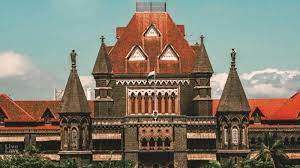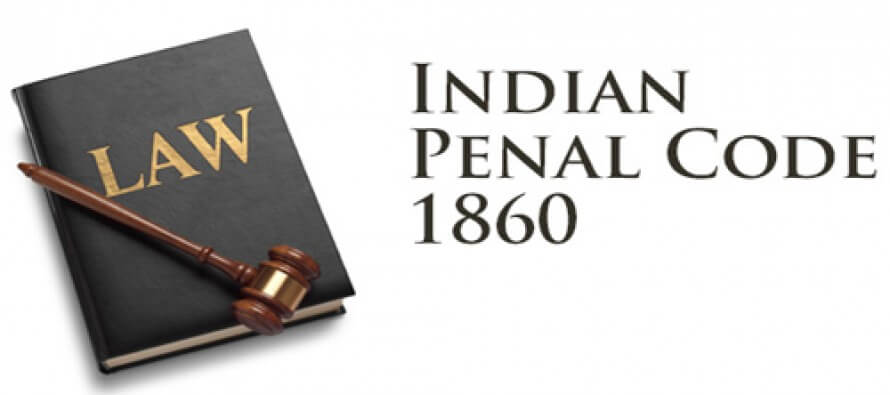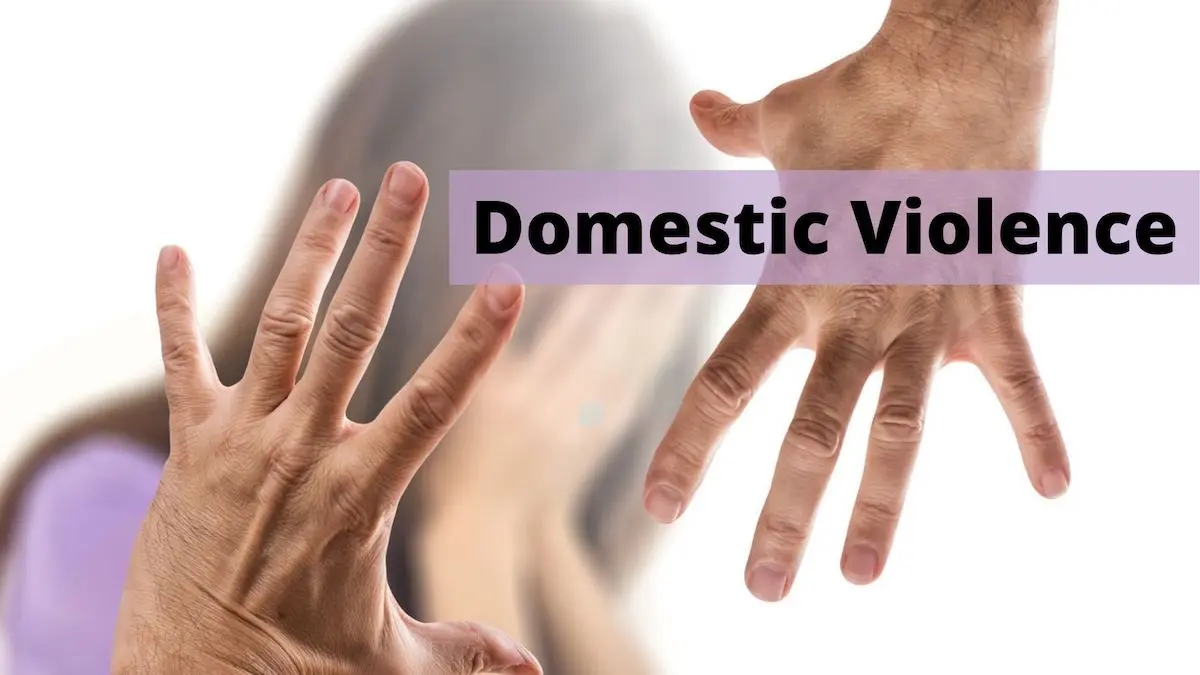Table of Contents
The Indian Penal Code (IPC) Section 498A, which makes it illegal for a husband or any of his family members to abuse a wife, cannot be made into a compoundable crime, the Bombay High Court said on Thursday. [Sandip Sule vs.State of Maharashtra ]

The matter belongs in the legislative purview, according to a division bench of Justices AS Gadkari and SG Dige, who also observed that the Central government has submitted an affidavit asserting that making Section 498A a compoundable offence will be detrimental to the welfare of women.
“We have reviewed the Union government’s affidavit. The Court was clear that we couldn’t tell them how to pass laws.
However, the bench underlined that it has the authority to throw out cases when the parties agree to it.
The bench was hearing a writ petition brought by three family members who asked the High Court to halt the Section 498A proceedings.
The case was first heard by a bench presided over by Justice Revati Mohite Dere. The FIR filed against the three family members was overturned by that court, and it also made a recommendation to the central government that the Section 498A charge be made compoundable.
The Andhra Pradesh state had already made Section 498A compoundable in 2003, the court remarked.
Therefore, the Union government had to respond.
The Union Ministry of Women and Child Development said in their response affidavit that only after a police preliminary investigation had been completed were any marital disputes filed under section 498A of the IPC.

Only after a mediation attempt by the mediation cell to achieve a resolution between the parties is unsuccessful is an FIR filed.
It also referred to a Law Commission report that said that it lacked trustworthy information based on empirical research about the scope of the alleged abuse of Section 498A.
Later, the case was transferred to the current bench.
The petitioners have been given two weeks by the bench to submit their ideas to the Additional Solicitor General, who would subsequently discuss them with government officials.
After then, the matter will be heard.
What is domestic violence?
Any act of violence or abuse, including mental, physical, and sexual assault, that takes place in a domestic setting, such as a marriage or cohabiting relationship, is referred to as “domestic violence“; another common word for domestic violence is “intimate partner violence”. This problem is more prevalent in India than it is in other countries due to cultural conventions such as dowry, male dominance, and joint family arrangements. As a result, these factors raise the possibility that women may experience domestic violence. Women commonly experience violence from both the husband and his family when dowry is anticipated but not given, or when the amount given is insufficient.

What is Section 498A of the IPC?
Section 498A of the IPC was inserted in 1983 after the Criminal Law (Second Amendment) Act was passed. This clause’s purpose is to forbid the husband or other family members from torturing his wife in exchange for dowry and to hold them accountable if they do. It prescribes a punishment of up to three years and a fine if found guilty.
Certain conditions must be satisfied for this Section to be applicable. Some of these are as follows:
- She must be married; that is a must.
- There must have been abuse or harassment directed towards that woman.
- Either the wife or the husband’s family, if not both, should have shown such abuse.












